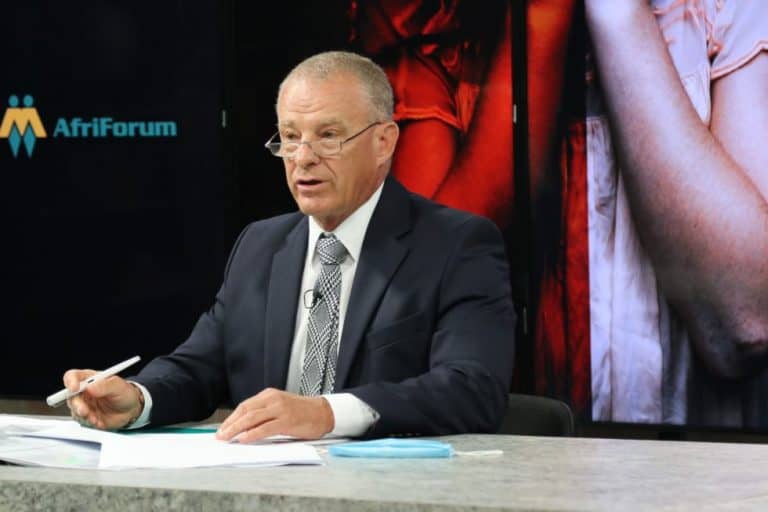AfriForum welcomes postponement of chaotic BELA public hearings ‒ calls for bill to be scrapped and education legislation to be reconsidered
The hearings where the public could give oral input on the Basic Education Laws Amendment Bill (also known as the BELA Bill) have been postponed until further notice. An announcement in this regard was sent by the Secretary of the Parliamentary Portfolio Committee on Basic Education to some stakeholders.
According to Alana Bailey, AfriForum’s Head of Cultural Affairs, the announcement is welcome. “The process was problematic from the start. The first notice about the inception of this process had been posted in the same week in February 2023 that the first hearings took place. Dates, times and venues were announced and changed on short notice. Last Sunday, representatives of AfriForum had already arrived at the venue, when they were informed that the meeting had been postponed. This constant uncertainty about the details of the sessions results in people becoming less willing to participate in the process, which is the exact opposite of what the sessions are supposed to achieve.”
Bailey mentioned that other problems also arose, such as letters of uncertain origin that were circulated, alleging that only certain persons were allowed to participate in the sessions. “Another problem was the time allowed. The interest was great, but some of the feedback we had, is that people’s inputs were limited to three or even just one minute to keep to the time allowed for the sessions. To say something meaningful in three minutes is very difficult, let alone in one minute,” Bailey added.
In light of the opposition to the bill that has already been expressed by means of written inputs and parliamentary submissions, AfriForum believes it would be best to scrap the bill and focus on the revision of existing education legislation from scratch. Bailey mentions that the field of education has changed profoundly in recent years thanks to new learning patterns that have been established during the COVID-19 restrictions, technology that has developed along with it and issues such as language rights that are being understood more comprehensively. “Now is the time to rethink school legislation and to come up with new proposals, rather than wasting more time and expenses on this clumsy, unconstitutional, outdated bill,” she concluded.









